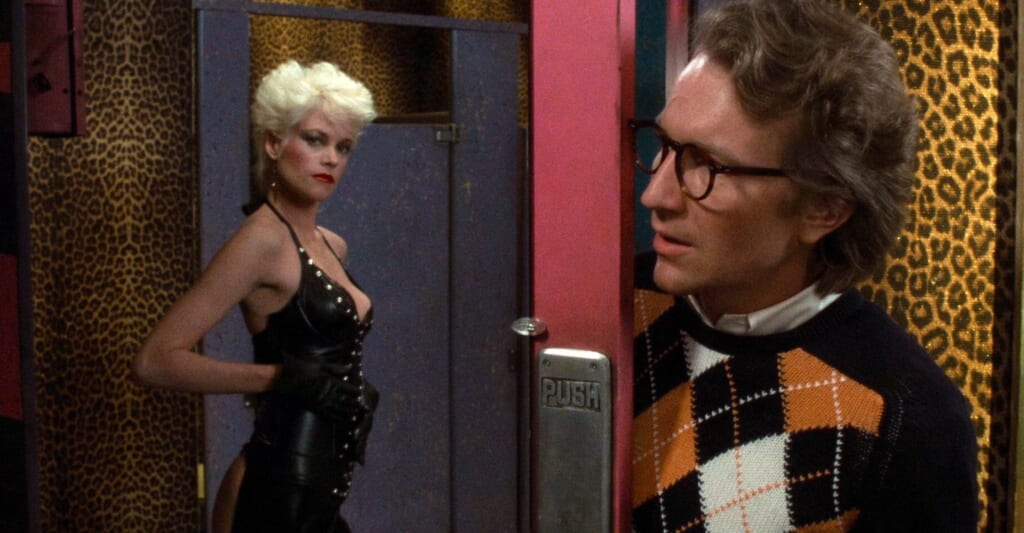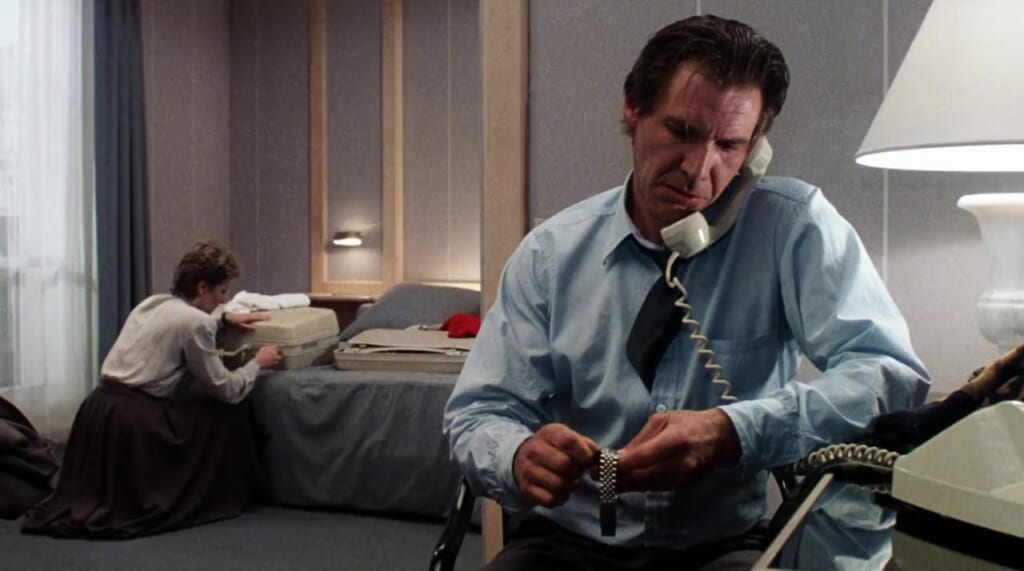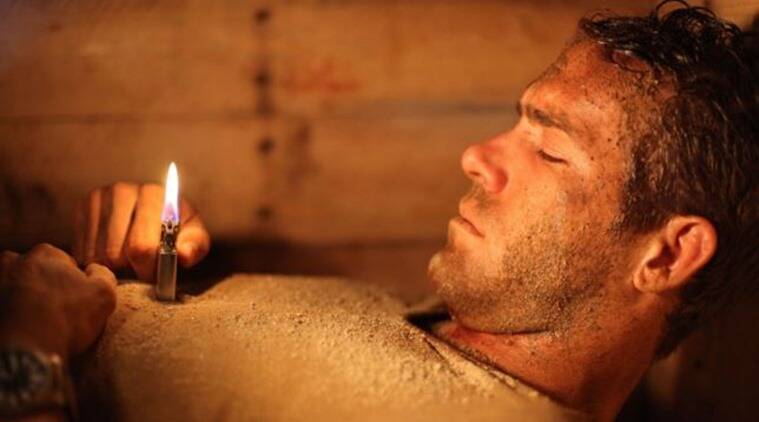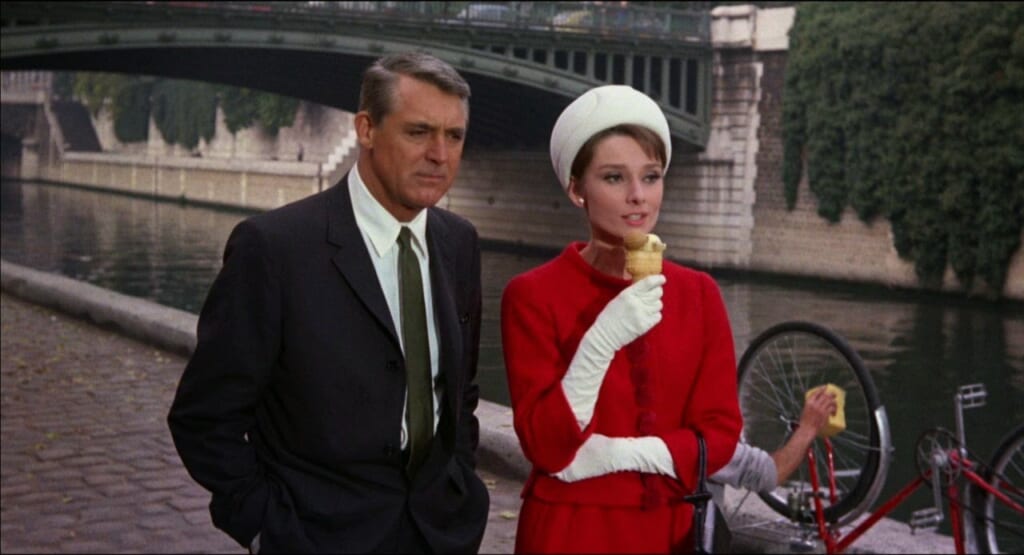Four Films That Perfectly Capture the Essence of Alfred Hitchcock

Alfred Hitchcock is a cinematic icon. His work was so influential on the thriller genre that cinephiles have coined the term ‘Hitchcockian’ to describe his signature style. Very few directors have made that kind of impact. And it’s because of that impact that we still celebrate the late creator’s work years after his passing.
Given the Master of Suspense was born on August 13th, I thought this a fitting time to look back on his legacy and spotlight a handful of films that have captured the style and essence of his work and earned the distinction of being called Hitchcockian.
But first, what exactly does Hitchcockian mean? To most, the distinction applies to films that creates tension and suspense in a manner similar to the iconic director. More specifically, Hitchcockian might refer to a filmmaker crafting unease to the point that the audience feels alike a part of the film and watching voyeuristically. The Master of Suspense would commonly build tension by way of unforeseen narrative twists; and by introducing characters whose true intentions are unclear until a pivotal moment in time.
[brid autoplay=”true” video=”1071608″ player=”32130″ title=”Mom%20and%20Dad%20is%20a%20Deliciously%20Dark%20Horror%20Comedy%20%20The%20Overlook%20Motel” duration=”179″ description=”This week, we’re looking back on Brian Taylor’s horror comedy, ‘Mom and Dad’. This delightfully dark effort is brutal, outrageous, and frequently hilarious.” uploaddate=”2022-08-08″ thumbnailurl=”https://cdn.brid.tv/live/partners/17839/snapshot/1071608_th_1659982759.jpg” contentUrl=”//cdn.brid.tv/live/partners/17839/sd/1071608.mp4″ width=”16″ height=”9″]
Hitchcock was especially skilled at making effective use of a single locale, as he did in the majority of Dial M for Murder and the entirety of Rope. His output was also known to use everyday fears and anxieties (like heights) to pull the audience into the narrative, making them feel more like a participant than a spectator. Films that apply such tropes earn the right to be called Hitchcockian. Without further ado, behold four films that capture the essence of Hitchcock.
Body Double
I could have chosen any number of Brian De Palma films for this list. But I chose Body Double because it’s a personal favorite that riffs on Hitchcock in a number of ways. We have the voyeuristic neighbor observing the commission of a crime as it unfolds as we see in Rear Window. Additionally, the storyline has several narrative parallels to Vertigo. But I won’t go any further to avoid potential spoilers for anyone that has yet to see either picture. The film is framed in such a way that the viewer feels as if they right there with Jake Scully as he unravels the mystery. It’s almost as if we are a fly on the wall, rather than an audience member. Not to mention, De Palma layers his narrative with masterfully-crafted tension that would surely have made Hitchcock proud.
For all of the aforementioned reasons, I cringe when I hear someone write off De Palma as a hack or imposter. He is one of the great cinematic voices of his era. And his work on Body Double is nothing short of legendary. He isn’t plagiarizing Hitchcock. And he isn’t trying to pass the iconic director’s themes and ideas off as his own. De Palms is simply paying tribute to those by whom he was inspired.
In addition to Hitchcock, De Palma was also influenced by the gialli of the ‘60s and ‘70s, as well as film noir. All of that is apparent in his work but Body Double is very much his take on his respective influences. If De Palma were trying to be covert about his influences, the celebrated director certainly wouldn’t have cast Tippi Hedren’s (The Birds) daughter Melanie Griffith in a variation of the Hitchcock blonde role.

Frantic
This Roman Polanski thriller sees Dr. Richard Walker (Harrison Ford) traveling to France with his wife, only for her to go missing shortly after touching down in Europe. Frantic employs the mistaken identity trope, which Hitchcock famously utilized in North by Northwest. In this case, it’s a suitcase that is incorrectly identified, rather than a person. But as in North by Northwest, the central misunderstanding leads to a high-stakes, pulse-pounding adventure.
The film also riffs on Hitchcock’s fondness for throwing a very average person into outrageous circumstances. For instance, Roger Thornhill (Cary Grant) in North by Northwest is an advertising man. His background has not prepared him for the unprecedented adventure he endures after being mistaken for George Kaplan. The same could be said of Dr. Walker in Frantic. He isn’t a mercenary, a spy, or even an officer of the law. He is woefully unprepared for what he gets himself into. But much of the excitement stems from the fact that he is something of a fish out of water.
Frantic features expertly-crafted suspense that rarely lets up for even a moment. The controversial director begins building tension early on and ratchets it up to the point of being almost unbearable.

Buried
This nail-biting effort from Rodrigo Cortés makes brilliant use of a single location. The film unfolds with protagonist Paul (Ryan Reynolds) buried alive. He doesn’t know his exact location. And the only resources at his disposal are a phone, a lighter, and a handful of other trinkets he locates upon waking up in a wooden box.
Cortés uses the single locale to instill a sense of claustrophobia in the audience. Viewers feel as if they are trapped in that box with Paul. With each passing sequence, the tension continues to rise. And the result is a nerve-shredding viewing experience that I suspect would have impressed the Master of Suspense, himself.

Charade
Although it is somewhat comedic in nature, Charade is still very much in the vein of Hitchcock. So much so that the flick is often mistakenly credited to the Master of Suspense when he had no involvement with the project.
The film is representative of Hitchcock’s lighter, more comedic fare in that it’s a mystery caper. Films like The Trouble with Harry really show Hitchcock’s sense of humor front and center. However, titles like North by Northwest and Rope also feature occasional comedic overtones that play in stark contrast to the suspenseful nature of the narrative.
Stanley Donen’s Charade sees the recently-widowed Regina (Audrey Hepburn) at a loss for who to trust when she learns that her late husband absconded with a small fortune before his untimely demise. When Regina meets Peter Joshua (frequent Hitchcock collaborator Cary Grant) she can’t quite make up her mind whether he is a conman or a standup guy that has come to her aid. The fact that his story is constantly changing seems to suggest he is not to be trusted. But then again, nothing is what it seems in this comic caper.
The similarities to the famed director’s filmography don’t stop with the deft blending of comedy and suspense or the casting of Cary Grant. Charade also relies on a series of plot twists to keep the audience guessing and keeps the viewer in the dark about Peter’s true nature until the denouement.

Categorized: Editorials Lists News
